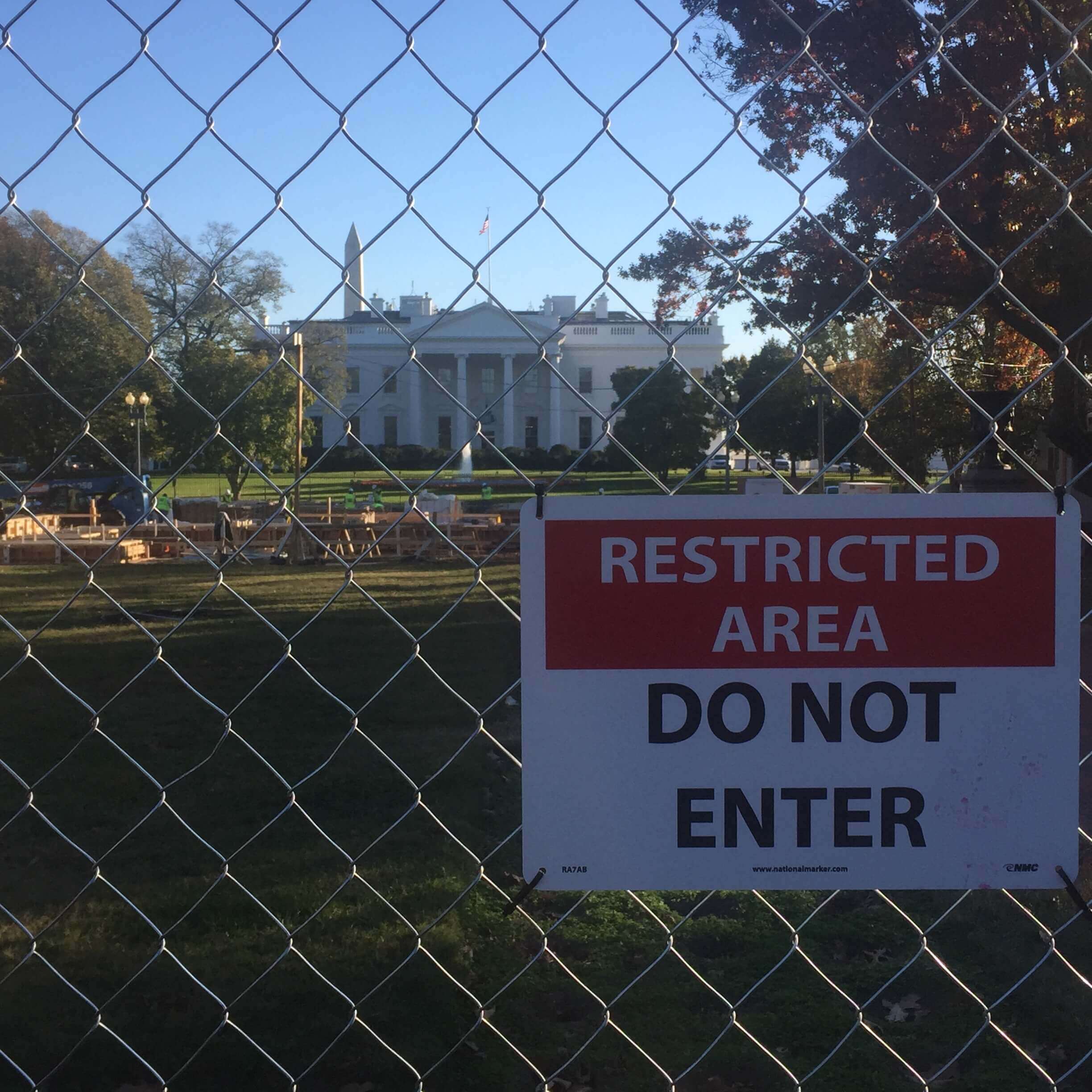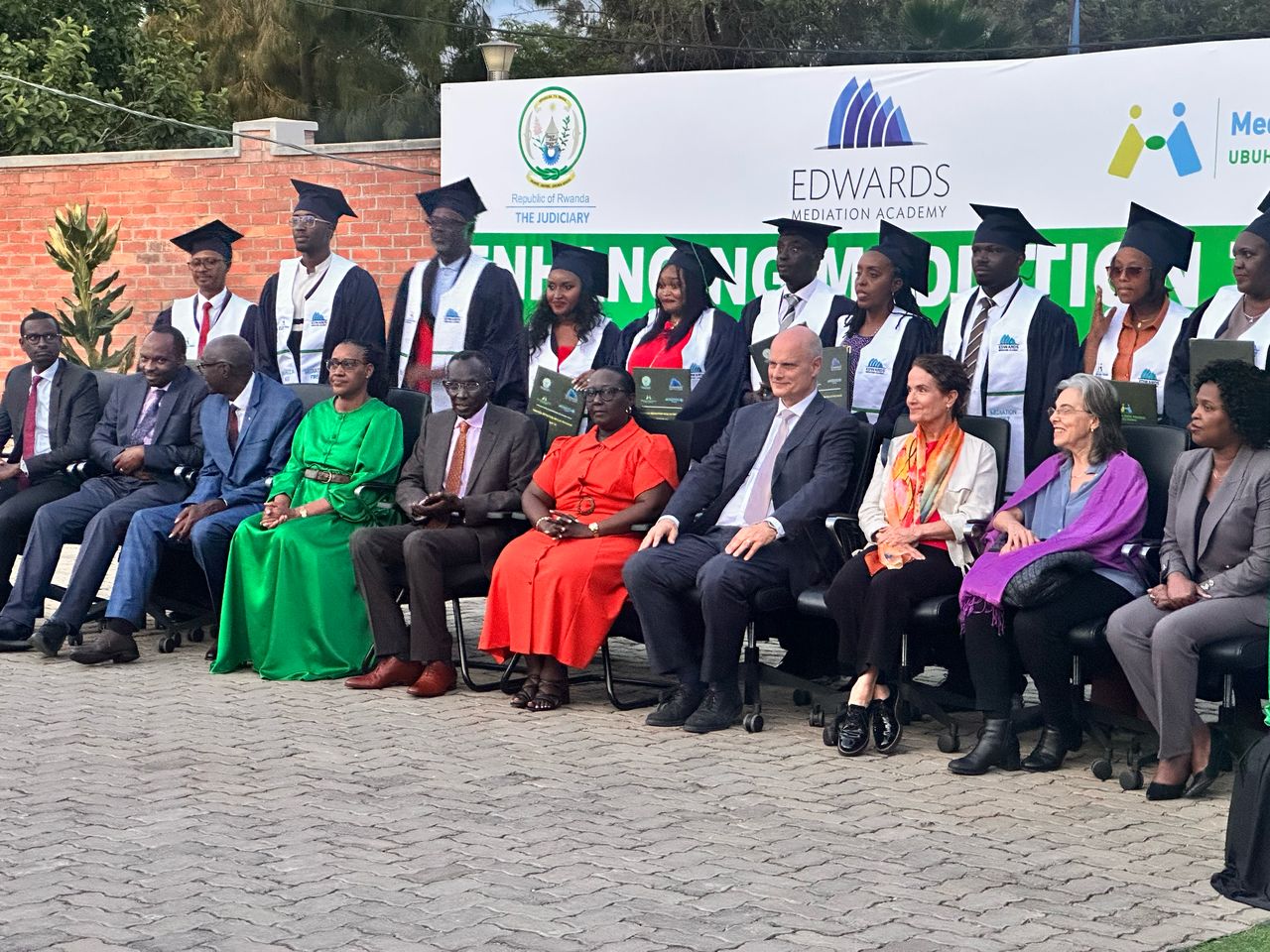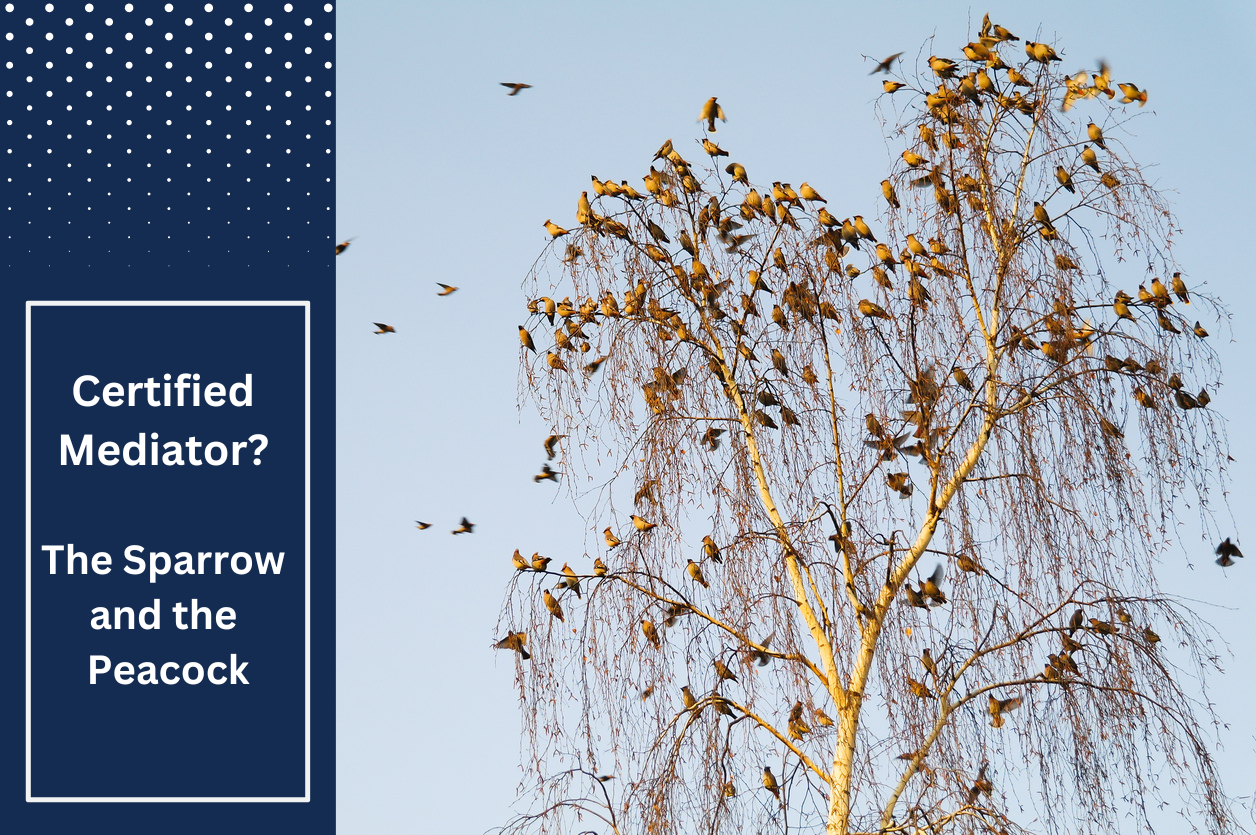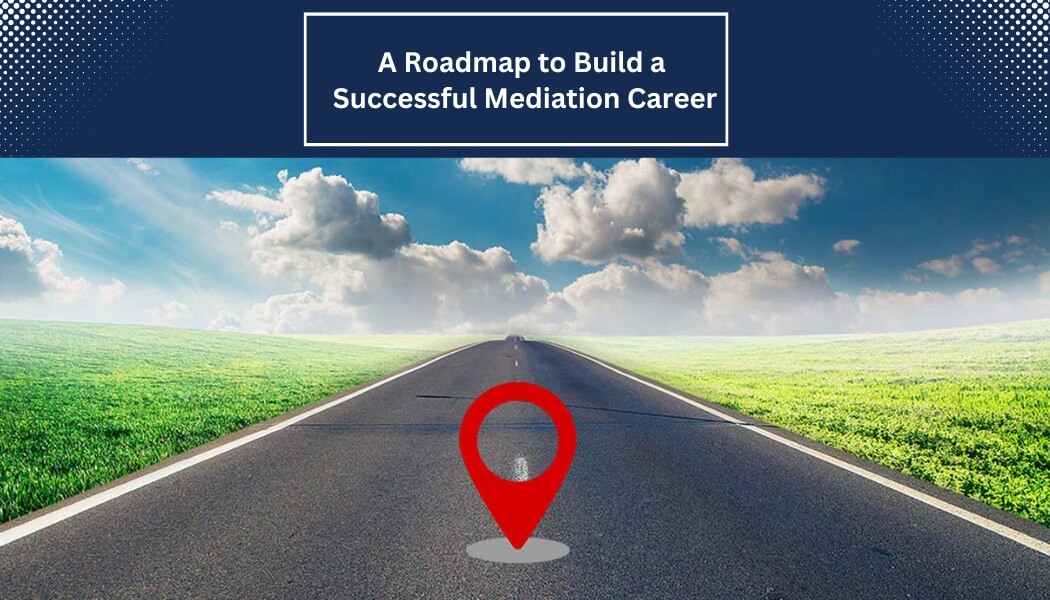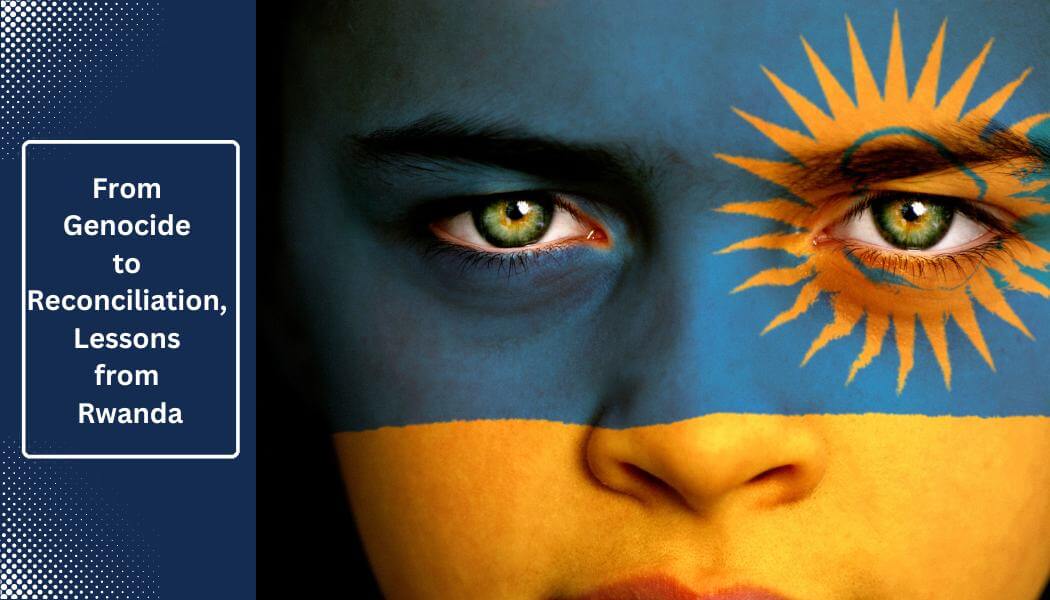Black on blue. Blue on black. Blue on red. Red on blue. No, it’s not opening night at a museum of modern art, it’s a colorful reminder of how deeply divided our nation has become. Less than three weeks’ post-election, this country remains characterized by increased rhetoric, public demonstrations and incidents of intolerance and hate. What was once taken for granted now threatens to divide families, if not our nation.
For many of us, calls to “come together” or begin to “heal wounds” remain a distant, if not unachievable, aspiration. What does this mean for those of us in the mediation community who have made personal and professional commitments to assisting others in conflict? How do we begin to assist in the daunting task of picking up the pieces and, in our own parlance, create opportunity from conflict? Ironically, any call to assist others begins with self-reflection and understanding.
I was moved recently by images of an African American media commentator who staged a living room conversation with a white, conservative middle American family, to engage in a dialogue to better understand each other’s perspectives. The commentator began with a simple question: when did we lose the ability to disagree with each other without demonizing each other for holding different points of view? In one poignant moment, the mother had tears in her eyes as she described the response on social media by a longtime family friend who, upon learning of her choice for a political candidate, questioned her suitability as a parent of young girls.
Over the past two weeks, I have found myself having discussions in courthouses, grocery stores and taxicabs trying with difficulty to listen to others’ points of view without unfairly judging them simply because of their different perspective. What has added to the challenge is that these conversations have involved professional colleagues, longtime friends, and even family members. Last weekend, I had the opportunity to walk past the White House, where I stopped to listen to several animated exchanges between sign carrying protestors and foreign visitors. And through it all I doubted that there was any true listening taking place. I joked during a training of mediators in Mexico City last spring that we needed more bridges and fewer walls. Yet, I wake up today and construction company stocks are higher on the reality that we may see just the opposite.
Upon reflection, all these experiences have brought home the not too gentle reminder of the importance of what we strive to teach and implement through our daily commitment to mediation:
- Listen with empathy and reserve judgment.
- Separate the people from the problem.
- Seek to learn the underlying needs and interests that are motivating people’s behavior.
- Look for all that connects us and emphasize our similarities, not those things that divide us.
- Focus on the long-term perspective of shared values and goals, and ask: what can each of us do in the near future to bring that vision closer to reality?
As a profession, we mediators are both optimistic and resilient. It’s not a misguided or Pollyannaish optimism. Rather, it’s a vision born of understanding that when people talk and truly listen, barriers can be broken and amazing things can happen. We know from a thousand different transcendent moments that patience and persistence can bring agreement from discord. And we see every day that relationships once fractured, can be made stronger, just as the broken bone grows stronger than the original fracture site. It’s, therefore, incumbent on us to redouble our commitment to this healing profession and then in a thousand different ways, look for moments to remind our children by example, it’s not so much what happens to you in life that will define you, but how you choose to respond.
During this season of Thanksgiving don’t overlook all that we have to give thanks for. And yes, through it all we will be reminded that these are difficult times. Personally, I’ve never found it more difficult to walk my talk, or ever more important. So yes, I will look for moments to lead thoughtful conversations without demonizing others. As mediators, this reflects our highest calling. As a wise person once asked, “If not us, then who? If not now, then when?”
Wishing you a reflective and thoughtful season of Thanksgiving!
Edwards Mediation Academy is an online education platform dedicated to improving the skills of mediators around the world. It was co-founded by Bruce A. Edwards and Susan Franson Edwards. All of our courses are engaging—shadow (virtually) as though sitting at the table; interactive—developed by learning professionals with no boring lectures and taught by the leading commercial mediators in the US. At Edwards Mediation Academy, our students learn mediation theory and, more importantly, learn to mediate.
